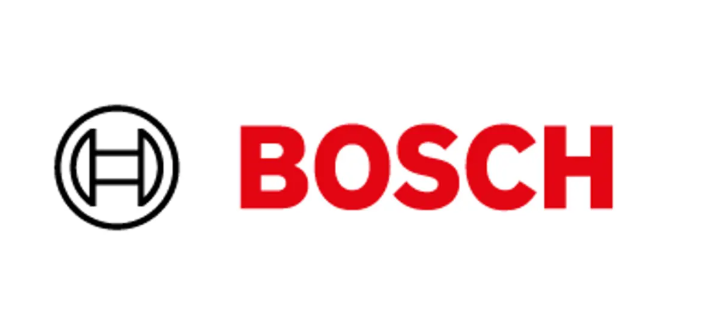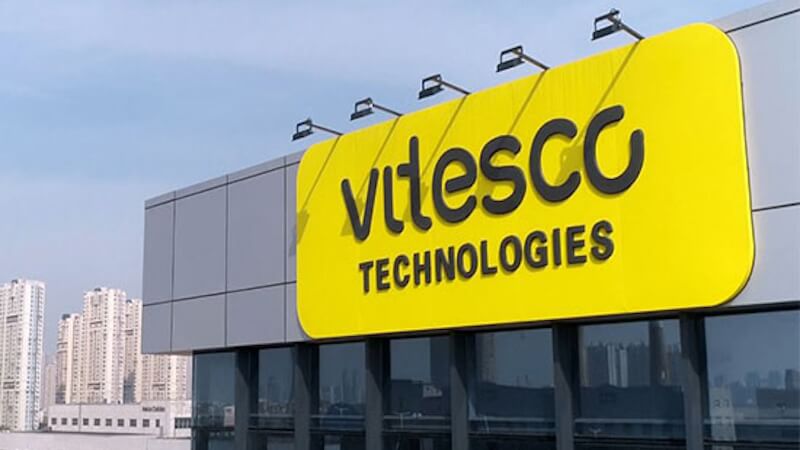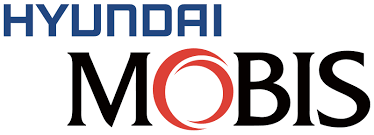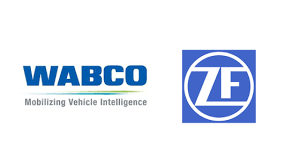ABS sensors, typically active Hall-effect or passive inductive sensors, continuously monitor wheel speed, providing the essential data that allows the vehicle's control units to prevent wheel lock-up and maintain traction. The market for these components is fiercely competitive, driven by relentless demands for precision, durability, cost-effectiveness, and integration with broader vehicle systems. With the development of technology, the leading ABS sensor manufacturers are those who have not only mastered the art of sensor production but have also innovated in materials, miniaturization, and smart, connected functionalities. Here are the top 10 automotive ABS sensor manufacturers in 2025.

Elecdura is not just a abs sensor manufacturer; we are here to be your reliable partner in building an optimal and efficient supply chain. Relying on more than 200 car-factory cooperation vendors, compatible brands: Benz, BMW, Audi, Volkswagen, Porsche, Ford, Chevrolet, Cadillac, Buick, Lincoln, Toyota etc. and 100,000+ SKUs, ensuring you find the right parts at the right time.
Elecdura is dedicated to providing the best selection, the latest cutting-edge technology, and the best overall shopping experience for our customers around the world. Based on 100,000+ SKUs, 100+ categories, and 10+ product systems, Elecdura is now a major force in establishing a modern, efficient and highly flexible supply chain.
2. Continental AG (Germany)

A giant in automotive technology, Continental has consistently held a leading position among safety systems suppliers. Its core strength lies in its high degree of integration; it produces not only sensors but the entire ecosystem—from sensors and rings to ABS/ESC control units and the software algorithms that interpret the data. This vertical integration enables unparalleled optimization and reliability. By 2025, Continental will lead the industry with "smart sensors" featuring enhanced diagnostic capabilities that can provide predictive data on bearing health and other parameters, moving beyond simple safety assurance to predictive maintenance. Its partnerships with nearly every major automaker, from traditional brands to electric vehicle startups, solidify its leading position.
3. ZF Friedrichshafen AG (Germany)

Following its monumental acquisition of TRW Automotive, ZF became a complete powertrain and safety systems titan. Like Continental, ZF excels at providing fully integrated systems. Their ABS sensors are engineered to work seamlessly with their advanced braking, steering, and chassis modules. A key trend for ZF in 2025 is the development of modular and scalable sensor solutions that can be easily adapted across a wide range of vehicle platforms, from economy cars to heavy-duty commercial vehicles. This flexibility is crucial for OEMs looking to streamline supply chains and reduce development costs without compromising on performance or safety standards.
4. Robert Bosch GmbH (Germany)

As the inventor of the ABS system itself, Bosch's authority in this space is undeniable. Bosch sensors are renowned for their exceptional quality, precision, and longevity. Their manufacturing processes are highly automated, ensuring consistent quality across millions of units. In 2025, Bosch is heavily focused on cyber-security and functional safety (ISO 26262) for its sensor systems. As vehicles become more connected, ensuring the integrity of critical data like wheel speed against external interference is paramount. Bosch’s sensors are designed to be robust nodes within the vehicle's increasingly complex network architecture.
5. HELLA GmbH & Co. KGaA (Germany)

HELLA, now formally operating under the FORVIA brand after its acquisition by Faurecia, remains a powerhouse in lighting and electronics. Their sensor division is a major player, known for its strong focus on innovation and aftermarket presence. HELLA produces a vast range of wheel speed sensors that are OE-approved for numerous models, making them a top choice for both original equipment manufacturers and the replacement market. Their 2025 strategy emphasizes miniaturization and weight reduction, contributing to overall vehicle efficiency—a key concern for EV manufacturers where every gram impacts range.
6. NTN Corporation (Japan)

NTN brings a unique advantage to the table: they are one of the world's leading bearing manufacturers. This allows them to offer highly integrated "unitized" solutions where the ABS sensor and bearing are combined into a single, compact module. This simplifies assembly for OEMs, improves reliability by reducing connection points, and enhances overall performance. In 2025, NTN is pushing this integration further with "Next-Generation Hub Units" that pack even more sensing capabilities, potentially monitoring temperature and load in addition to speed, providing valuable data for autonomous driving systems.
7. NXP Semiconductors (Netherlands)

While not a sensor module manufacturer in the traditional sense, NXP's role is so critical it warrants a top-tier placement. NXP is a leading supplier of the semiconductor chips and integrated circuits that form the brain of active Hall-effect ABS sensors. Their robust and reliable ICs are found inside sensors produced by many other companies on this list. Their innovation in 2025 is centered on multi-purpose sensor ICs that can handle speed, direction, and angle sensing on a single chip, enabling more compact and cost-effective sensor designs for the industry.
8. Aisin Corporation (Japan)

As a core member of the Toyota Group, Aisin is a comprehensive supplier of automotive components. Its strength in ABS sensors is deeply tied to its expertise in producing entire braking systems, transmissions, and driveline components. This systems approach ensures their sensors are perfectly matched to the vehicle's dynamics. For 2025, Aisin is focusing on enhancing electromagnetic compatibility (EMC) performance. With the proliferation of high-power electronics in EVs, ensuring sensor signals are immune to electrical noise is more critical than ever.
9. Vitesco Technologies (Germany)

Spun off from Continental, Vitesco Technologies specializes in powertrain and electrification solutions. This focus gives their sensor business a distinct edge. They are experts in developing sensors for the unique demands of electric vehicles, which often have higher regenerative braking loads and different NVH (Noise, Vibration, and Harshness) characteristics. Vitesco's 2025 roadmap includes "X-by-wire" ready sensors with ultra-high resolution and redundancy features essential for brake-by-wire and steer-by-wire systems, which are foundational for future autonomous vehicles.
10. Mobis (South Korea)

The automotive parts division of Hyundai Motor Group, Mobis has grown into a global OEM supplier in its own right. Their vertical integration within the Hyundai-Kia ecosystem provides them with a massive and stable production volume, driving continuous improvement and cost optimization. Mobis is aggressively expanding its customer base beyond its parent company. Their key initiative for 2025 is the localization of production—building manufacturing facilities in key markets like North America and Europe to serve regional OEMs with greater agility and reduced logistics overhead.
The leading ABS sensor manufacturers are those who have embraced trends like integration, miniaturization, data richness, and cybersecurity. The future points toward sensors that do more than just measure speed; they will be diagnostic tools, contributors to predictive maintenance, and enablers of higher levels of autonomy.



